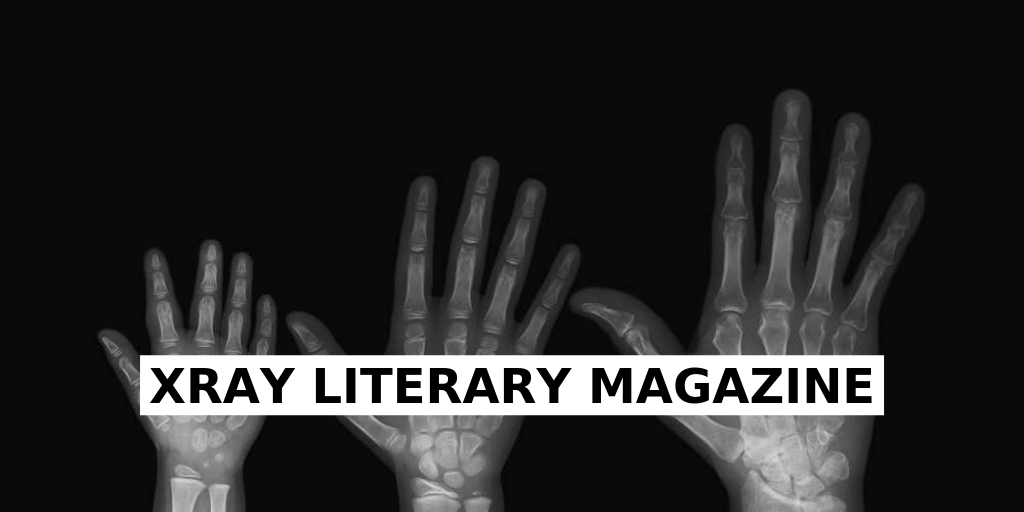
FAREWELL PROTECTION by Jordan Clark
The still sweltering sun’s kitty-corner to the late afternoon moon—similar to yesterday, but we didn’t go inside then either. Gravel crunches under the weight of a wheeling propane tank behind the brittle fence; little shuffles treading alongside it. There’s chatter, glasses clinking through a screen door, and a white folding table aggressively flipping and clipping into place. We listen to its prongs scuttle and then a grill igniting shortly after. Standing in our dying grass, setting my paper plate down as I offer to smear her white from top to bottom. But she tells me it was chunky—cottage cheese-y. She…
